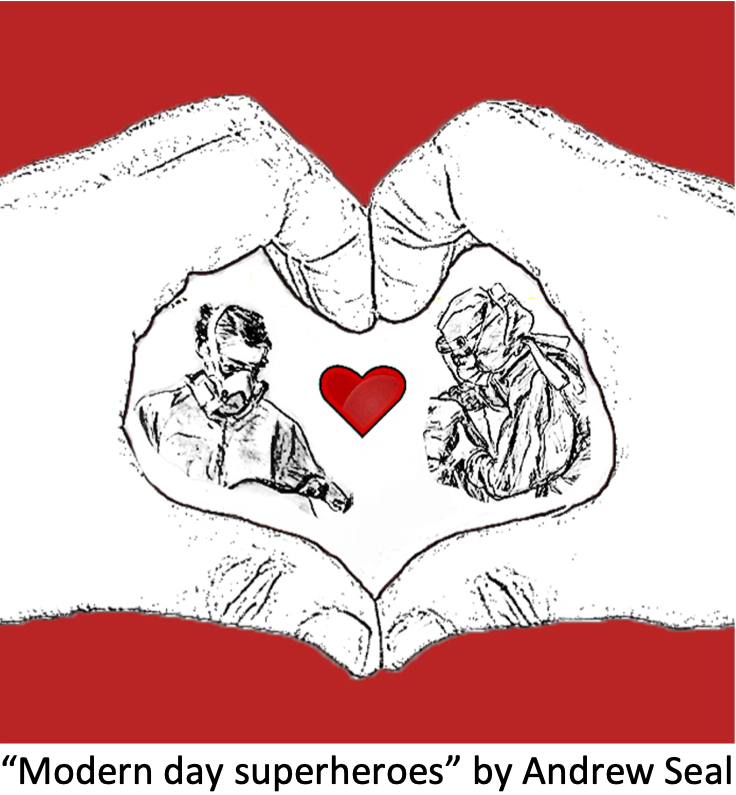Fostering intergenerational education: An experiential learning program for medical students and older adults
DOI:
https://doi.org/10.36834/cmej.69327Abstract
Educational initiatives providing intergenerational, experiential learning opportunities can engage students of various education levels and disciplines. All persons can benefit from initiatives with older adults because our aging population suggests more of these interactions will occur across sectors. While students pursuing an education in health or medical fields are primarily identified as benefiting from intergenerational education to gain skills and knowledge to effectively care for the elderly, these teachings are invaluable regardless of one’s age, education, or career background. The program delivery and evaluation criteria can be adapted to assess competencies essential to different education or career paths.
Downloads
Published
Issue
Section
License
Copyright (c) 2020 Rebecca Correia, Lindsay Klea, Graham Campbell, Andrew Costa

This work is licensed under a Creative Commons Attribution-NonCommercial-NoDerivatives 4.0 International License.
Submission of an original manuscript to the Canadian Medical Education Journal will be taken to mean that it represents original work not previously published, that it is not being considered elsewhere for publication. If accepted for publication, it will be published online and it will not be published elsewhere in the same form, for commercial purposes, in any language, without the consent of the publisher.
Authors who publish in the Canadian Medical Education Journal agree to release their articles under the Creative Commons Attribution-Noncommercial-No Derivative Works 4.0 Canada Licence. This licence allows anyone to copy and distribute the article for non-commercial purposes provided that appropriate attribution is given. For details of the rights an author grants users of their work, please see the licence summary and the full licence.











